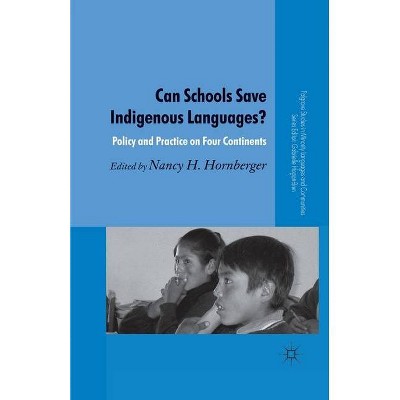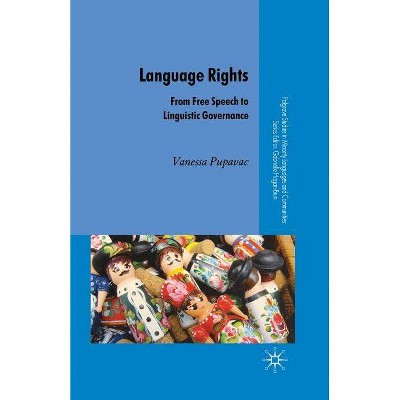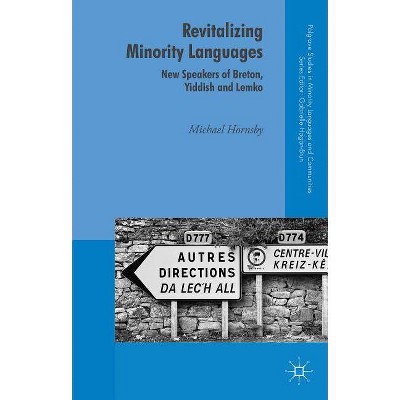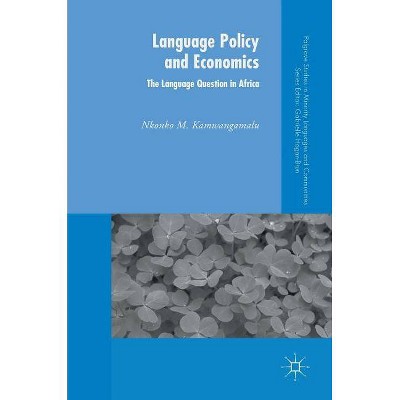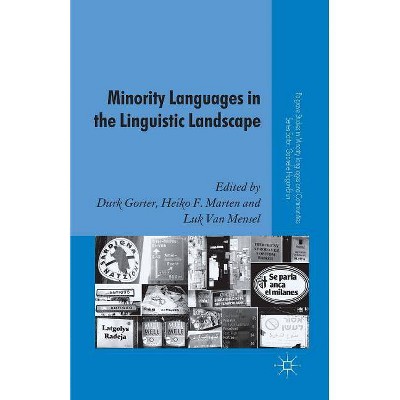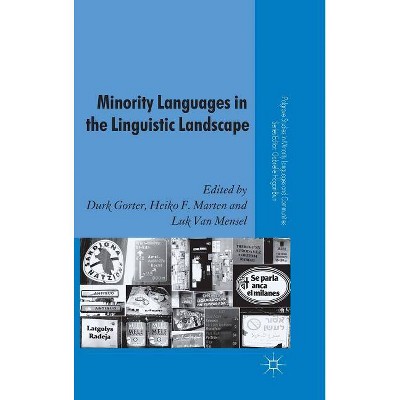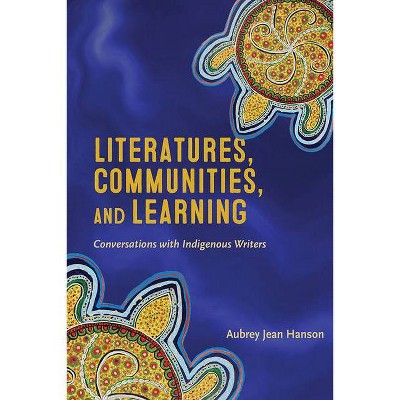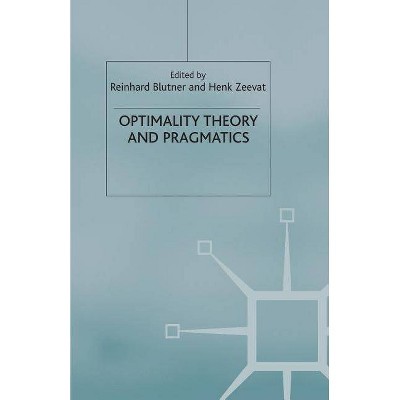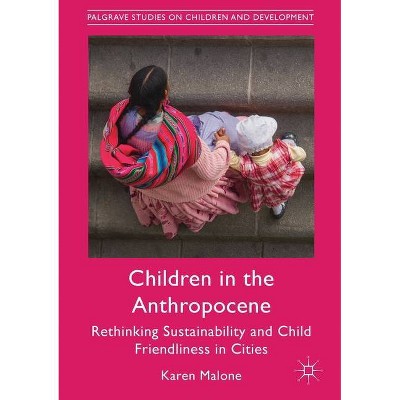Language Practices of Indigenous Children and Youth - (Palgrave Studies in Minority Languages and Communities) (Paperback)
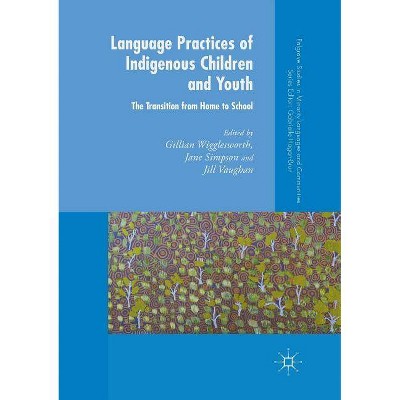
Similar Products
Products of same category from the store
AllProduct info
<p/><br></br><p><b> Book Synopsis </b></p></br></br>This book explores the experiences of Indigenous children and young adults around the world as they navigate the formal education system and wider society. Profiling a range of different communities and sociolinguistic contexts, this book examines the language ecologies of their local communities, schools and wider society and the approaches taken by these communities to maintain children's home languages. The authors examine such complex themes as curriculum, translanguaging, contact languages and language use as cultural practice. In doing so, this edited collection acts as a first step towards developing solutions which address the complexity of the issues facing these children and young people. It will appeal to students and scholars of sociolinguistics, applied linguistics and community development, as well as language professionals including teachers, curriculum developers, language planners and educators.<br/><br/><p/><br></br><p><b> From the Back Cover </b></p></br></br>This book explores the experiences of Indigenous children and young adults around the world as they navigate the formal education system and wider society. Profiling a range of different communities and sociolinguistic contexts, this book examines the language ecologies of their local communities, schools and wider society and the approaches taken by these communities to maintain children's home languages. The authors examine such complex themes as curriculum, translanguaging, contact languages and language use as cultural practice. In doing so, this edited collection acts as a first step towards developing solutions which address the complexity of the issues facing these children and young people. It will appeal to students and scholars of sociolinguistics, applied linguistics and community development, as well as language professionals including teachers, curriculum developers, language planners and educators.<br/>Gillian Wigglesworth is Redmond Barry Distinguished Professor at the University of Melbourne, Australia, and Chief Investigator for the Australian Research Council Centre of Excellence for the Dynamics of Language. She has worked extensively with Indigenous children growing up in remote communities in Australia, largely in the Northern Territory. <br/><p>Jane Simpson is Professor of Indigenous Linguistics at the Australian National University, Canberra, Australia, and Deputy Director of the Australian Research Council Centre of Excellence for the Dynamics of Language. Her research focuses on the structure and use of several Australian Aboriginal languages (Warumungu, Kaurna and Warlpiri), as well as English.</p><p>Jill Vaughan is a postdoctoral fellow at the Norwegian University of Science and Technology, Norway. Her work in sociolinguistics and linguistic anthropology is concerned with multilingualism, contact and variation in Indigenous languages of northern Australia, and language practices in the context of the Irish diaspora. <br/></p><br/><p/><br></br><p><b> About the Author </b></p></br></br><p>Gillian Wigglesworth is Redmond Barry Distinguished Professor at the University of Melbourne, Australia, and Chief Investigator for the Australian Research Council Centre of Excellence for the Dynamics of Language. She has worked extensively with Indigenous children growing up in remote communities in Australia, largely in the Northern Territory. </p><p>Jane Simpson is Professor of Indigenous Linguistics at the Australian National University, Canberra, Australia, and Deputy Director of the Australian Research Council Centre of Excellence for the Dynamics of Language. Her research focuses on the structure and use of several Australian Aboriginal languages (Warumungu, Kaurna and Warlpiri), as well as English.</p>Jill Vaughan is a postdoctoral fellow at the Norwegian University of Science and Technology, Norway. Her work in sociolinguistics and linguistic anthropology is concerned with multilingualism, contact and variation in Indigenous languages of northern Australia, and language practices in the context of the Irish diaspora. <br/><p></p><br/>
Price History
Price Archive shows prices from various stores, lets you see history and find the cheapest. There is no actual sale on the website. For all support, inquiry and suggestion messages communication@pricearchive.us
